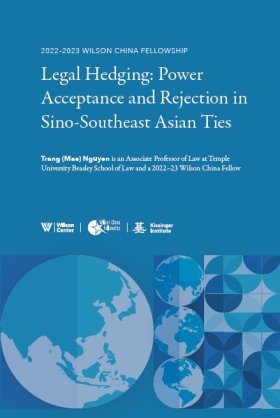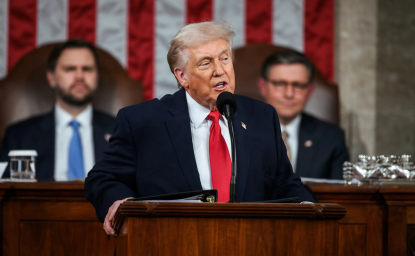Legal Hedging: Power Acceptance and Rejection in Sino-Southeast Asian Ties


This research paper examines Southeast Asian states’ use of law as a tool to both enmesh and resist the outsized impact of the People’s Republic of China (PRC). This use of law—what I call “legal hedging”—combines strategies of power acceptance and rejection as a “bundled” foreign policy to at once take advantage of deeply enmeshed economic ties with China while hedging the risk of domination. Studies on Southeast Asia and its regional institutions, most prominently the Association for Southeast Asian Nations (ASEAN), have tended to emphasize pragmatism as the major mode of engagement with China. It would be remiss, however, to gloss over the dense network of laws and agreements that undergird this important relationship, as well as the nuanced ways in which Southeast Asian states use international law to advance their interests. Through case studies of Indonesia, Vietnam, and Cambodia, this paper analyzes how these states implement hedging strategies through selective partnership with China and the Western legal order, deliberate multilateralism, and pursuit of new legal innovations. Taken together, the legal strategies of Southeast Asian states suggest a robust, highly functional regional model that merit careful study. Importantly, they also demonstrate a subtle use of law and policies unique to Asian regionalism that does not cater to either the Washington Consensus or the Beijing Consensus but aims to selectively cooperate with both.
Author

Assistant Professor of Law at Temple University Beasley School of Law and an affiliated scholar at the U.S. Asia Law Institute, New York University (NYU) School of Law

Kissinger Institute on China and the United States
The Kissinger Institute works to ensure that China policy serves American long-term interests and is founded in understanding of historical and cultural factors in bilateral relations and in accurate assessment of the aspirations of China’s government and people. Read more

Explore More
Browse Insights & Analysis
Energy Markets in the Shadow of the Iran War

China's Sports Diplomacy at the Olympic Games, from ‘08 to ‘28

Wilson Center Fellows on the 2026 State of the Union Address
